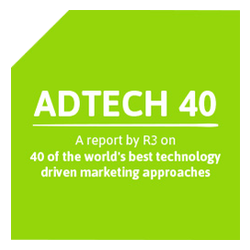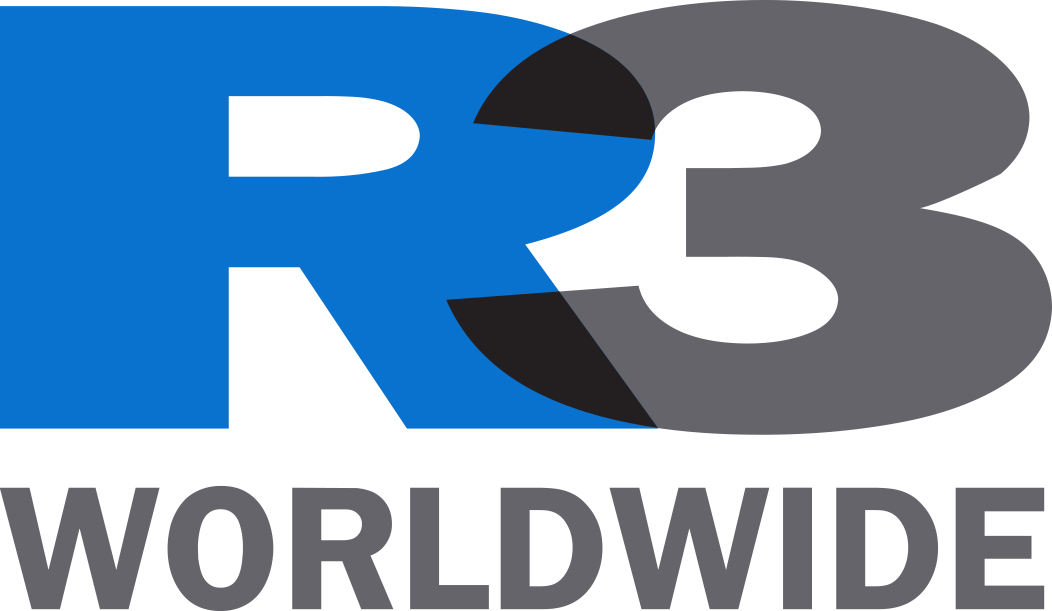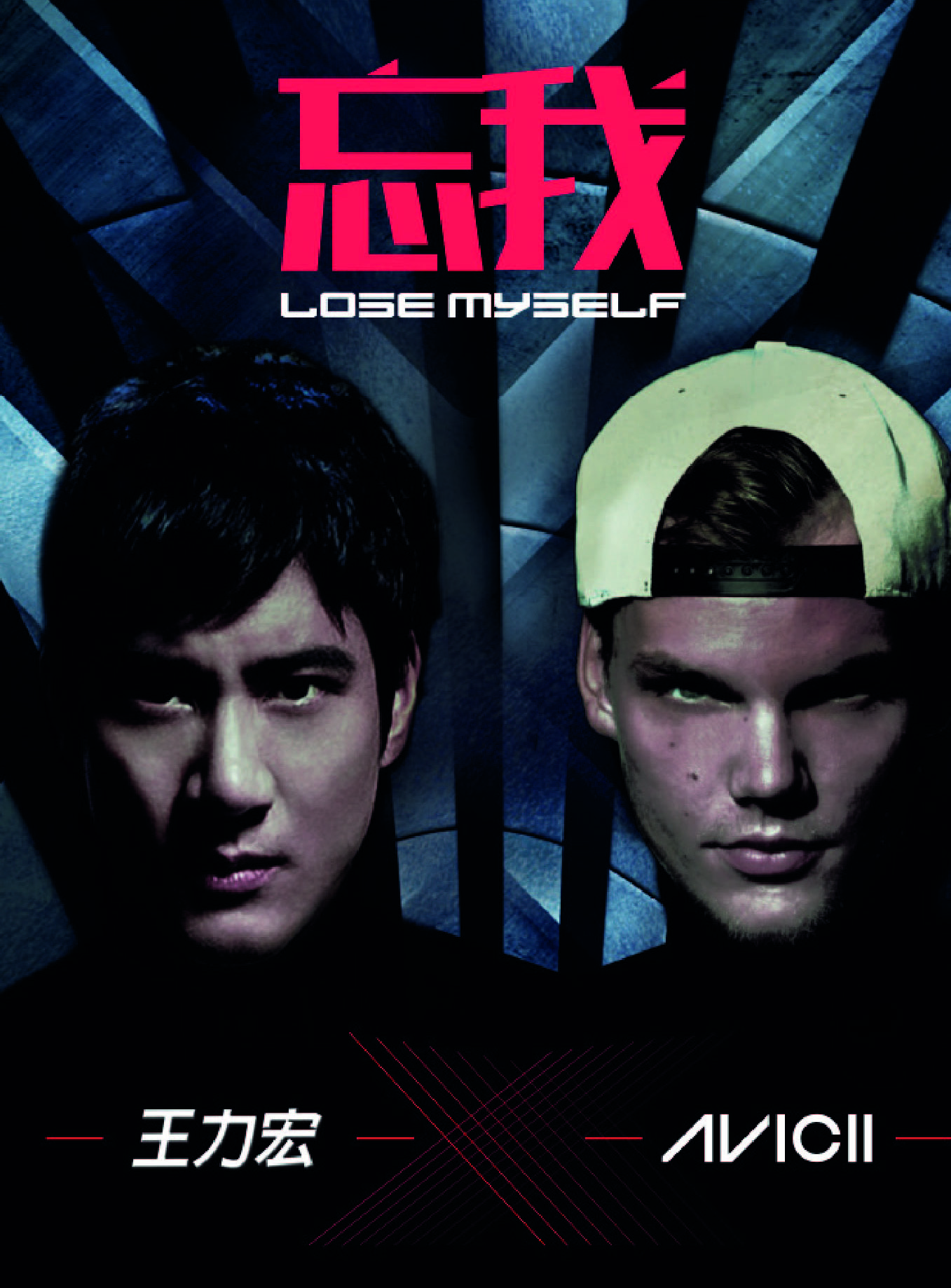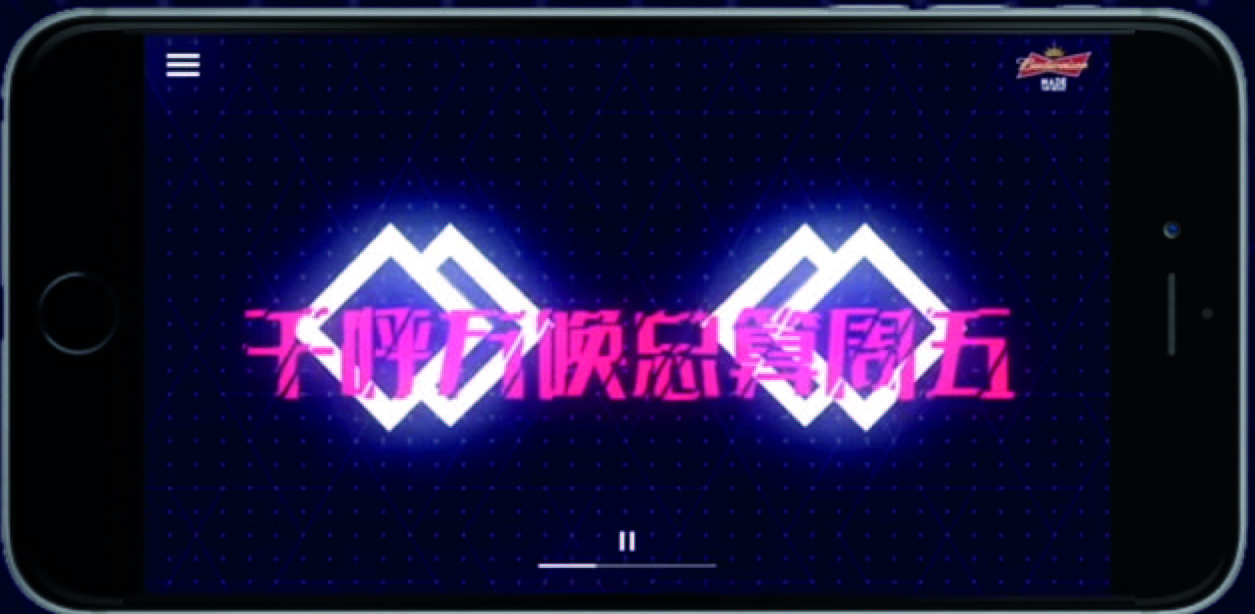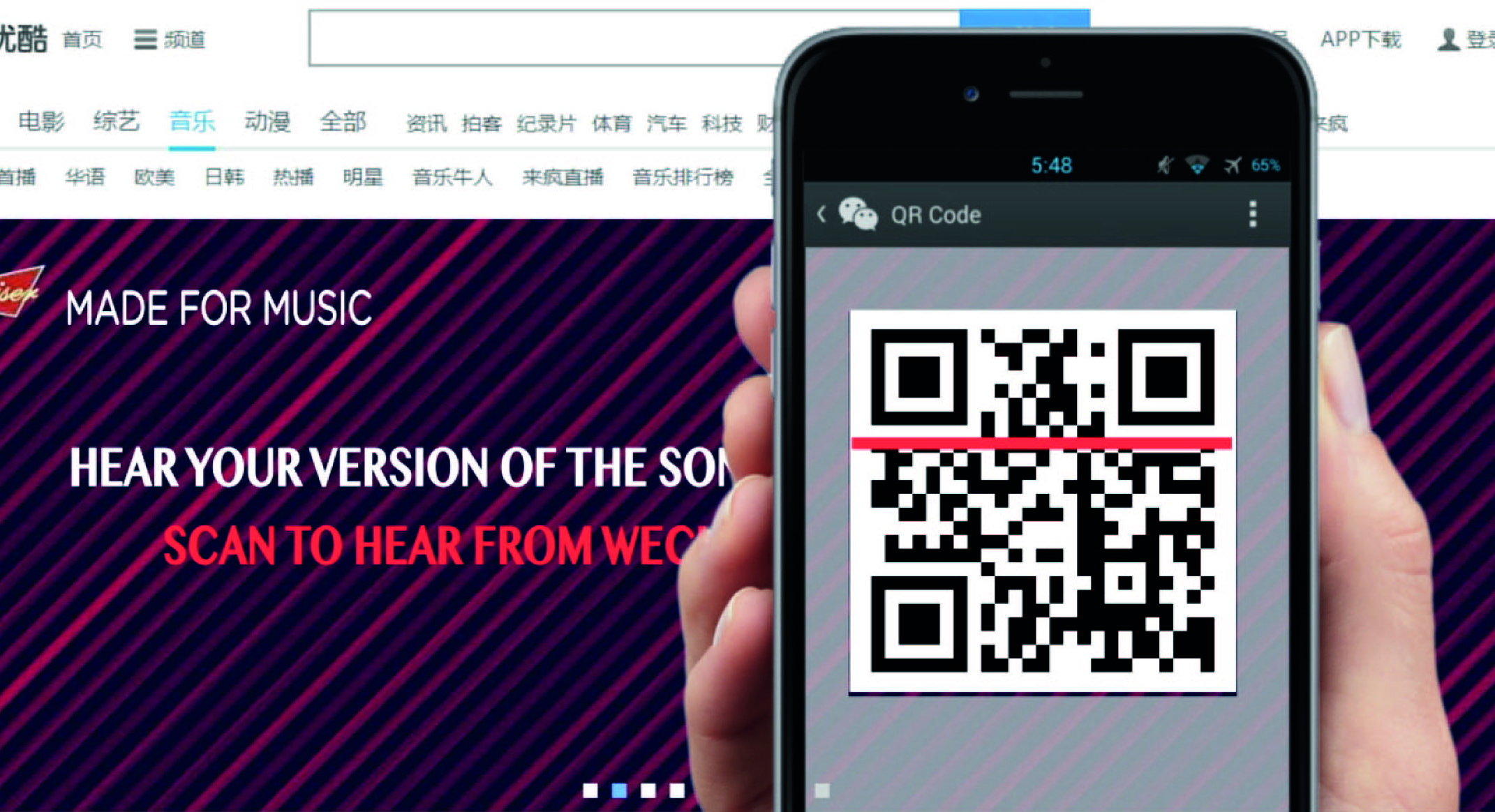Client – AB InBev
Markets – China
Timing – August 2014 – November 2014
Agencies/Vendors – Starcom Mediavest Group, AKQA
Tech Word Cloud – mobile optimization, user-generated content, text-to-autotune, social media, engagement
Budweiser created a way for consumers to make a personalized version of a popular song to drive engagement and brand sentiment in their target audience.
AB InBev’s Budweiser was losing its edge in the battle for preference among premium drinkers in China’s nightlife channels. They needed to develop a strategy to reclaim their position as the leading culture-shaping brand in music and nightlife.
Armed with the knowledge that Chinese youth use music to express their personalities, values and emotions, Budweiser wanted to provide the opportunity for them to express themselves musically, but in their own words. To accomplish this, they partnered with two global superstars, Avicii and Wang Lee Hom, to release the first song to feature the listener. They created a text-to-autotune technology solution to let people create personalized versions on an Avicii song featuring their own lyrics. By integrating the technology solution with the platforms people were using to listen to and share music, Budweiser could scale the experience, allowing users to type their lyrics as they played the song on Youku, tweet their lyrics to Budweiser on Weibo to receive their personalized song as a tweet, or turn their Baidu searches into songs by clicking on a dynamic search ad.
Budweiser built a custom technology solution for WeChat. Users could input text in the partner media platforms, or directly in WeChat, and the text would be synthesized in real time via integration with the Yamaha vocaloid speech synthesis servers. The synthesized speech was then auto-tuned and streamed back over an instrumental version of the megahit, resulting in users streaming a completely personalized version of the song within seconds of inputting text.
Starcom Mediavest, along with digital agency AKQA, led the campaign from creative to execution. They integrated the Vocaloid software with several media platforms to drive engagement and sharing. After entering the text into the user’s platform of choice, it is converted to speech, which is synthesized to match the original melody of the song. The vocal track is overlaid with the melody to create the original song.
Over the course of the campaign, people created more than 3 million personalized songs. In the process, Budweiser created a megahit, with the song going to number one on the top traditional, online and video music charts. They fulfilled their primary marketing objective by lifting “Top 1 Favorite Brand” for 18-24 year olds by 6.3% and for premium drinkers by 4.1%, which is the highest favorite brand score ever recorded by Budweiser.
